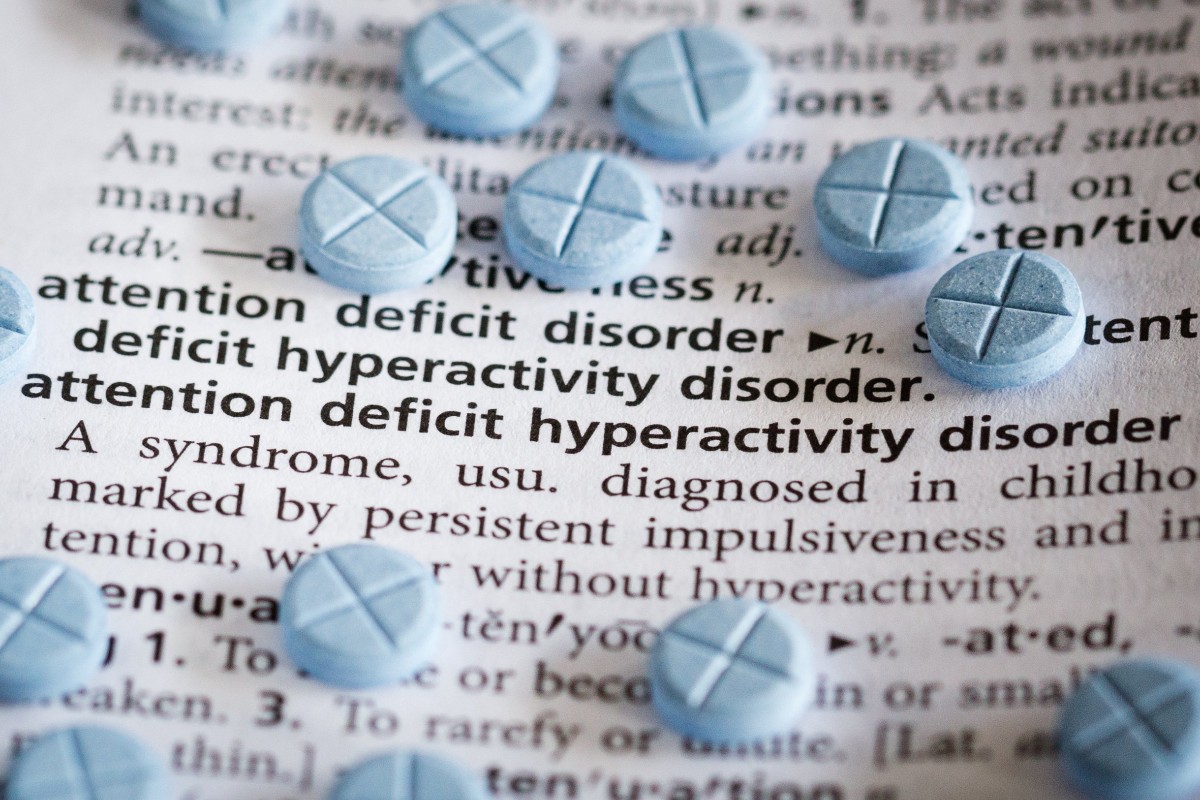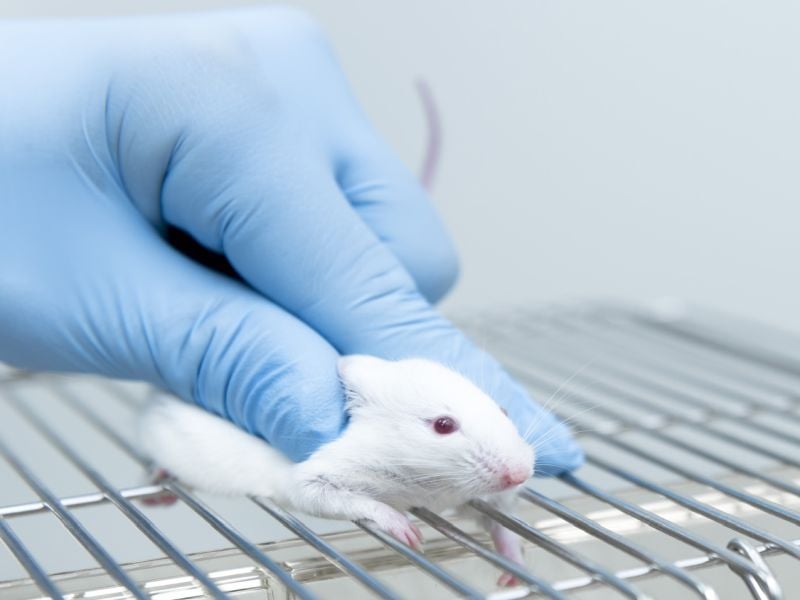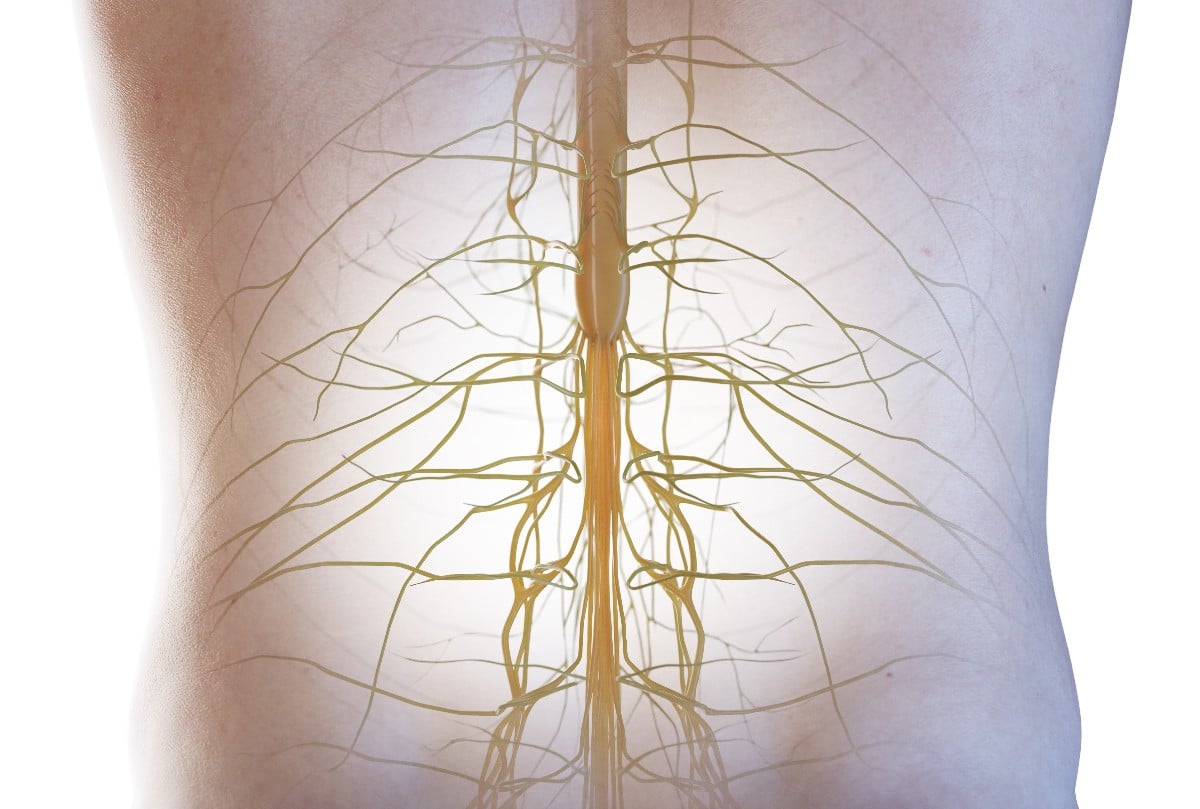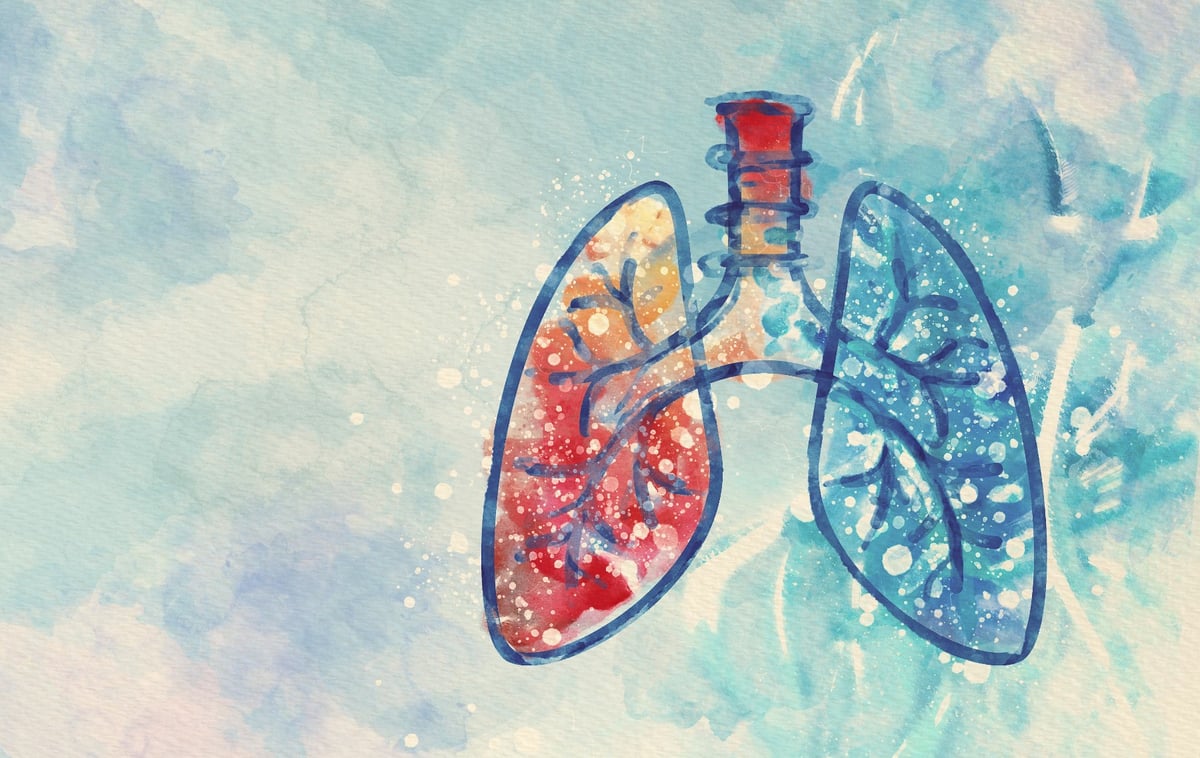
Summertime is primetime for the great outdoors, but that can mean new hazards for your eyes, one expert warned. Simple steps can help cut the risk, said ophthalmologist Dr. Masih Ahmed, an assistant professor of ophthalmology at the Baylor College of Medicine in Houston. Out in the sun This one has an easy fix: Sunglasses.… read on > read on >






























